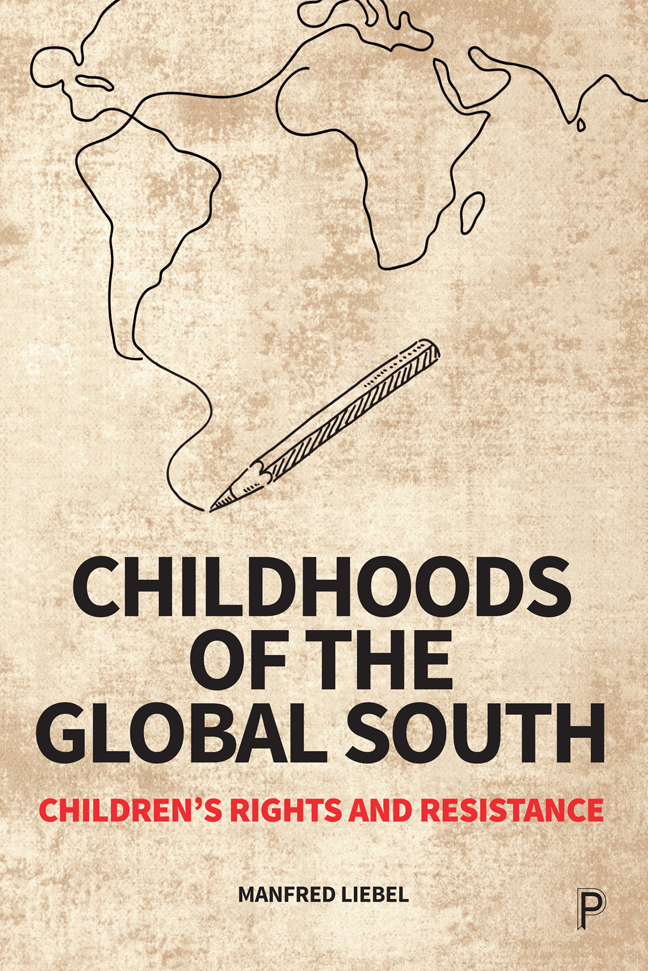7 - Flexible adaptation or resistance? Paradoxes and pitfalls of discourses on resilience in children
Published online by Cambridge University Press: 23 January 2024
Summary
Introduction
In the 1980s, I came into contact with children in Nicaragua who lived in great poverty in the midst of a cruel war during which they had witnessed a massacre or lost relatives. I was amazed at how these children mastered their complicated daily lives. They did what needed to be done, they built their own toys, and they brought life to the rural cooperative where I stayed for a few weeks. To my great surprise, they were generally in good spirits. A few years later, when I started working with children in a city in the same country whose parents had disappeared, who lived on the streets and kept themselves afloat with odd jobs or petty theft, I had similar experiences. I kept asking myself where the strength of these children came from, not to lose courage even in seemingly hopeless situations.
This and subsequent similar experiences have led me to explore theoretical concepts that can help to understand and support coping with extremely stressful life situations. One such concept is called resilience. It has witnessed a boom in recent decades and has advanced to become a key concept to explain such behaviour in view of the extreme difficulties experienced. ‘The idea of resilience seems to be associated with an almost magical quality that is now almost indispensable in any field of practice’ (Gebauer, 2017: 15). It has been repeatedly pointed out that the concept cannot only be understood in different ways, but is also often used arbitrarily. The emancipatory intentions originally associated with it have increasingly been reversed and begs an answer to the concept of resilience's suitability for emancipatory action. This also applies to social and educational work with children.
First, after an outline of the development of the concept of resilience, I will examine some of its applications and critical objections. I will then discuss some immanent limitations and contradictions of the resilience discourse and ask whether it is possible to conceive of other concepts within its framework. Finally, I will formulate some reflections on the extremely stressful conditions children live in and how they can defend themselves and address the causes of their suffering. I will focus on what needs to be considered here.
- Type
- Chapter
- Information
- Childhoods of the Global SouthChildren's Rights and Resistance, pp. 136 - 164Publisher: Bristol University PressPrint publication year: 2023

